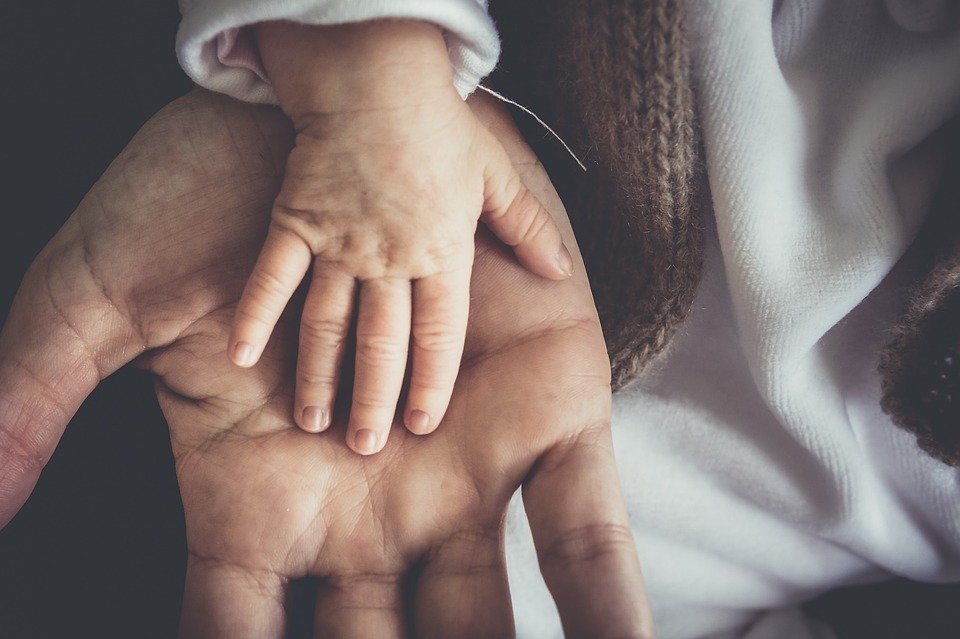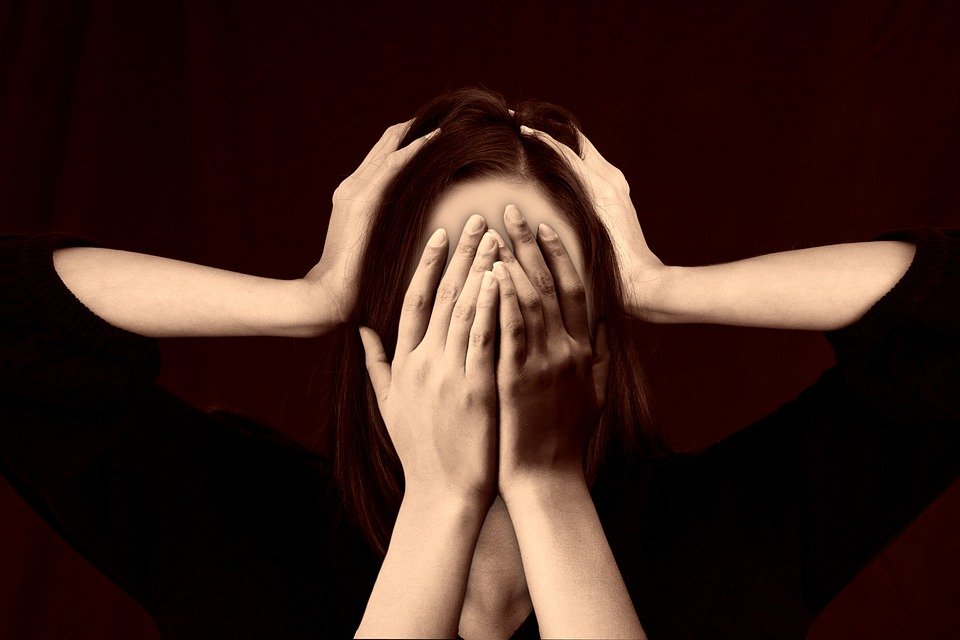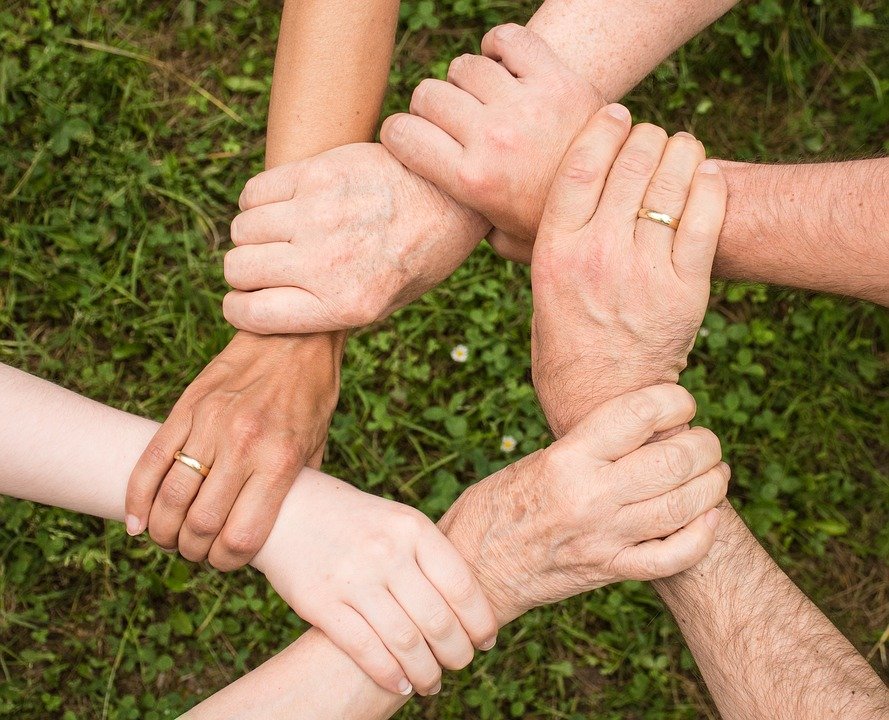Table of Contents (click to expand)
Internalized oppression is when people who are oppressed in an ongoing manner for a long time, come to believe the stereotypes and myths about their own group that are communicated by the dominant group. They accept and inculcate the negative image of themselves and absorb their subordinate status as being deserved, normal and inevitable.
Humans are different from one another in many ways. These differences are neither inherently good nor bad. It is only when we attach meaning to these differences that they become negative or positive.

People are treated differently owing to these differences within them. These differences are used to classify people as either superior or inferior, and the inferior ones are continuously targeted and oppressed. This system of oppression bestows more or less power and privilege to a person depending on the social group to which he is perceived to belong. Racism, patriarchy, misogyny, classism and other biases are some of the forms of oppression that have been present for centuries and are still present in many parts of the world.
Oppression Can Have Multiplicative Effects
Humans belong to multiple social groups at the same time. The multiple classes of social stratification do not exist separately or independently of each other, but are instead interlinked. They operate and affect individuals collectively.
This means that one can be a part of some dominant groups and some subordinate groups at the same time, thereby experiencing privilege through some identities and disadvantages due to others. Being a part of different social groups also means that one may fall prey to different forms of oppression at the same time, and thus face the multiplicative effects of oppression.

Internalized Oppression Definition
When people are oppressed in an ongoing manner for a long time, they come to believe the stereotypes and myths about their own group that are communicated by the dominant group. They accept and inculcate the negative image of themselves and absorb their subordinate status as being deserved, normal and inevitable. When the oppressed begin to believe that the inferiority imposed on them is a natural way of life, they have internalized that oppression.
Causes Of Internalized Oppression
Intergenerational Transmission
The basic beliefs of an individual are typically ingrained in early childhood. These beliefs form a base for how one perceives different situations and information received over the following few years. Children tend to absorb what they have been taught by their parents, relatives and caretakers, since they don’t have any real ability to critique the information that they receive.
Additionally, since the messages come from trusted people, there is less of a reason to question the information. The ideas that the parents have already internalized are passed on to the child through words or actions. Thus, internalization occurs from the moment a child is born.

Socialization
Society puts people into different roles, dictates rules that people are expected to follow and spells out certain norms to which they are expected to adhere. Oppressed groups are continuously surrounded by an environment that constantly reinforces subordinate conditions and an inferior status. These people only need to go about their daily lives as they usually do for oppression to affect them by way of assumptions and reactions from other people, television, print media and the Internet.
Members of the subordinate group who stick to the rules and status quo are seen as ‘normal’—or even rewarded!— and the ones who do not conform are punished. Even when a child receives confident and non-oppressive messages from his parents, it is very likely that the oppressive behaviors of society may contradict and confuse him.

Social Media And Internalized Oppression
Social media can be called a subset of socialization, but deserves a separate mention owing to the huge part it now plays in our lives. It influences the way we perceive ourselves and others, while the constant hunger for validation makes it even worse. People become victims of constant judgment, cyberbullying and trolling, which makes for a constant comparison of one’s own self with others, as well as a negative body image.

Acceptance – Internalized Oppression Is Normalized
Stereotyping and blaming victim groups has an effect of making them feel that there is something wrong with them both individually and as a group. It robs them of the choice to accept their identity and join others.
They accept and internalize the oppressor’s limiting views and eventually come to hold the same view of themselves as their oppressors do. This slowly expands to the way they view other members of their own group. These beliefs become a part of their innermost being and are applied in their everyday life as the basis for their actions. Essentially, they become their own oppressors.
Internalized oppression is therefore an effect of oppression and also a necessary condition for the maintenance and perpetuation of oppression.
Also Read: Is It True That Lonely People Are Easy To Radicalize?
Effects Of Internalized Oppression On Oppressed Individuals
Internalized oppression affects an individual on both a psychological and spiritual level. Due to myriad factors operating in the lives of affected people, its effects are complex and cannot therefore be listed exhaustively.
Self And Identity
The lives of the oppressed groups are determined by the dominant groups. Therefore, oppressed individuals find no worth or possibility in trying to develop self-knowledge. They learn who they are and who they should be based on the needs of and through the perspective of the dominant groups. In addition to the absence of self-awareness, the continuous hammering of inferiority on their minds leads them to lose much of their self-worth and self-respect.

Also, since the affected groups know more about the dominant groups than they know about themselves, they either hate themselves or the dominant group—or start behaving like them.
Emotions
When an individual partly accepts the views of their oppressor, a state of duality exists within his mind due to the existence of his own views, as well as the views of the oppressor. This disagreement can create confusion and constant unrest in a person’s mind.
Victims of internalized oppression perpetually face emotional repression and humiliation. Oppressed groups cannot express their emotions freely due to the risk of being shamed and targeted even further.

Negative emotions of shame, fear, rage and helplessness are cultivated among the oppressed not only due to feeling oppressed, but also due to the continuous presence of those who are perceived as oppressors around them. The person internalizes not only the prejudices against him, but also these other negative emotions. These toxic emotions no longer remain temporary; they become a part of his core character.
Mental Health
The experience of oppression and its internalization makes subordinate groups more susceptible to mental unwellness. An effect of accepting stereotypes is that the affected groups refuse to even acknowledge their hurt or pain, let alone seek psychological assistance. This can lead to depression, anxiety, paranoia and numbness when an individual feels incapable of living up to a toxic stereotype.
Also Read: Is Feeling Inferior Actually Good For You?
Why Is It Important To Understand And Respond To Internalized Oppression?
Understanding internalized oppression is invaluable for eliminating confusion and divisions stemming from discrimination. People simply cannot fight back when they believe that something is inherently wrong with them. Understanding this phenomenon helps people to be the best versions of themselves and contribute to forming a better society.
Responding to oppressive situations presents two options: choose a direction for change or do nothing. The easiest thing to do is nothing, but this comes at a price – we become participants in oppression and perpetuate the cycle just by doing nothing.
How Can You Tackle Internalized Oppression?
Younger generations primarily come to understand themselves through what is given to them by their elders. Hence, the first step to tackling internalized oppression is to transmit historically grounded cultural identity and positive talk at home. Demonstrating and encouraging a habit of critical and independent thinking goes a long way in shaping a child’s belief system.

Reading and learning about one’s culture and celebrating it can also be a source of strength, as it gives a more accurate view of its reality than what is communicated by the media or society at large.
Seeing and understanding the hurt to people of similar backgrounds would help in releasing the toxic, bottled-up emotions within one’s mind. These people would be in a better position to understand the hurt and offer support, while also giving rise to the feeling that “we’re not alone”.

Lastly, setting a good example of treating others with respect, helping people who are struggling with self-esteem issues, appreciating one another, pointing out challenges without blaming anyone, taking a stand and staying firmly in your beliefs goes a long way towards reducing the effects of internalized oppression.
Internalize kindness!
How well do you understand the article above!

